By Sohyun Jeon
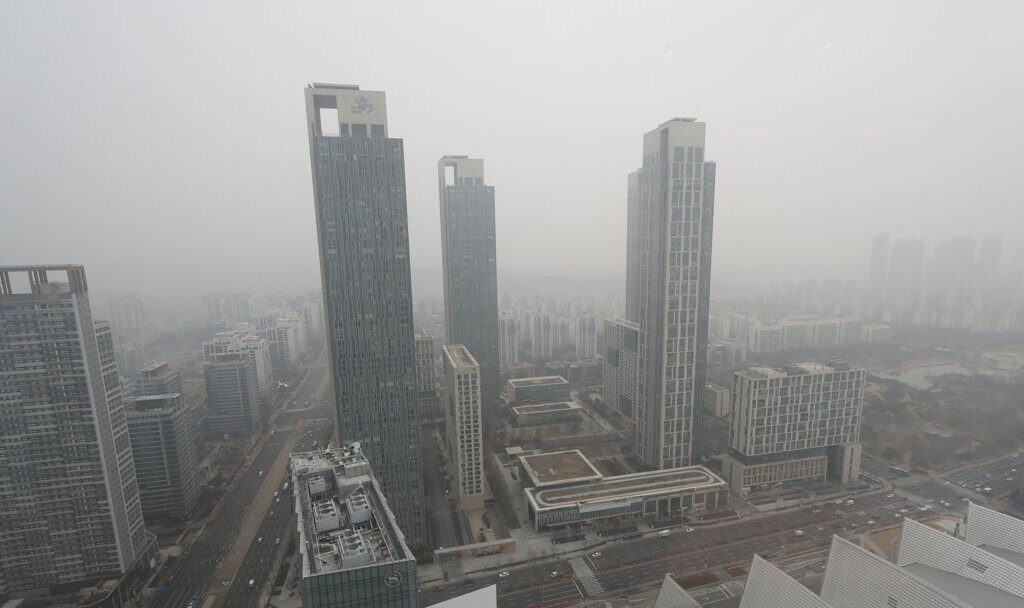
Songdo International City in Incheon Filled with Fine Dust
Photo taken from Yonhap News: https://www.yna.co.kr/view/PYH20190306107700065?input=1196m
Residents in major cities around the world are suffering from severe air pollution, and governments are under pressure to take any action to combat this public health risk.
Most parts of South Korea are surrounded by ultrafine dust, and the Ministry of Environment and local governments are implementing continuous emergency measures.
According to Korea’s air quality monitor center, Air Korea, Seoul’s fine dust level has recently reached 189 micrograms (mcg) per cubic meter. The level of ultrafine dust in Seoul is nearly eight times than the average, according to the World Health Organization (WHO). Elsewhere, the high level of fine dust has been worried nationwide – 191 mcg per cubic meter of Gyeonggi Province, 174 mcg in Sejong / Incheon, and 160 mcg in Chungbuk Province.
The government has recently issued emergency alert messages several times asking the public to put on masks all the time when people go out and to refrain from outdoor activities. In addition, emergency measures were taken to reduce the problems of the high level of fine dust in 10 major cities including Seoul, Busan, Daejeon, Sejong, Gwangju, and Chungcheong Provinces. If such emergency steps are implemented, thermal power plants in those areas should reduce power output to 80 percent of normal operations. Also, some older diesel cars registered in Seoul prior to 2005 are prohibited on urban roads.
The government also closed 430 parking lots in Seoul, preventing cars from entering the city. Half of the government vehicles are also banned on the roads to minimize the number of vehicles that can cause air pollution.
The Meteorological Agency said that South Korea is inevitable on micro dust contamination until the cooler winds in the North lower the temperature and clear the air. However, it is still question about the effectiveness of the government’s action on the problems of contamination due to the fine dust particles.
Although there is no specific research to measure how much China contributes to air pollution in Korea, people in Korea recognize that a significant proportion of the fine dust, generated in industrial areas of China, is affecting air pollution in their country.
Mayor of Seoul, Park Won-Soon, contended Beijing’s claim that China is not related to the fine dust risk on the Korean peninsula, and said that about 50 to 60 percent of the fine dust in Korea has come from China.

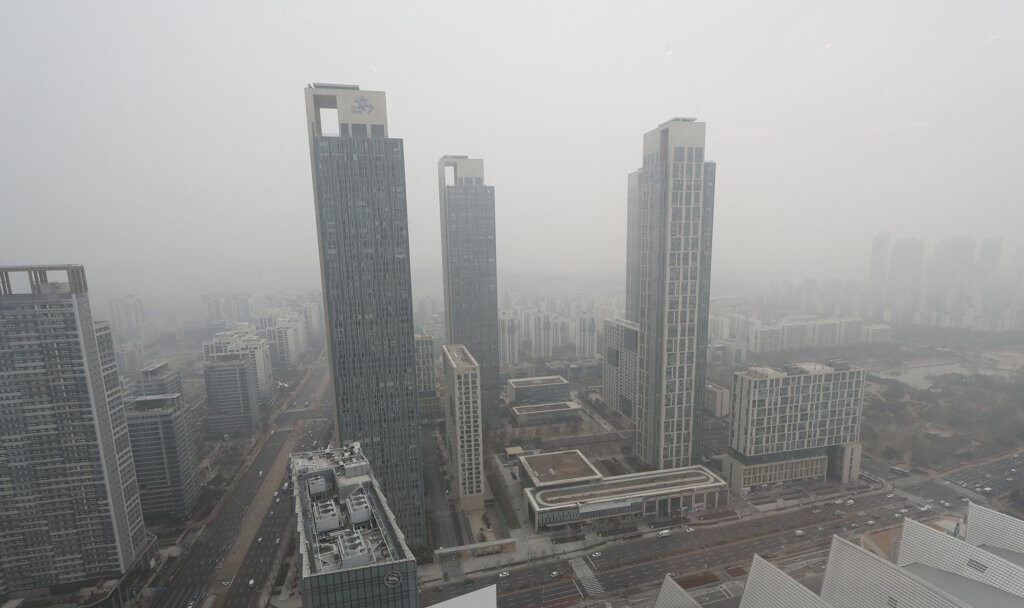
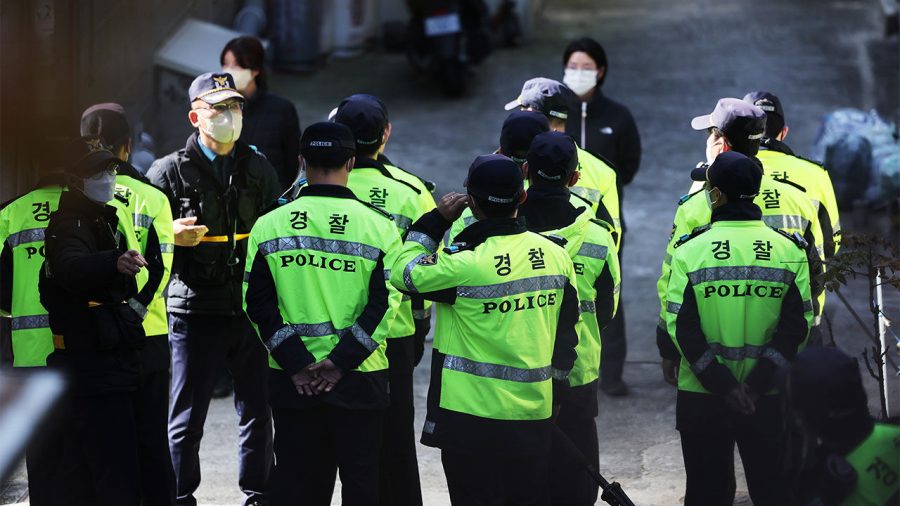
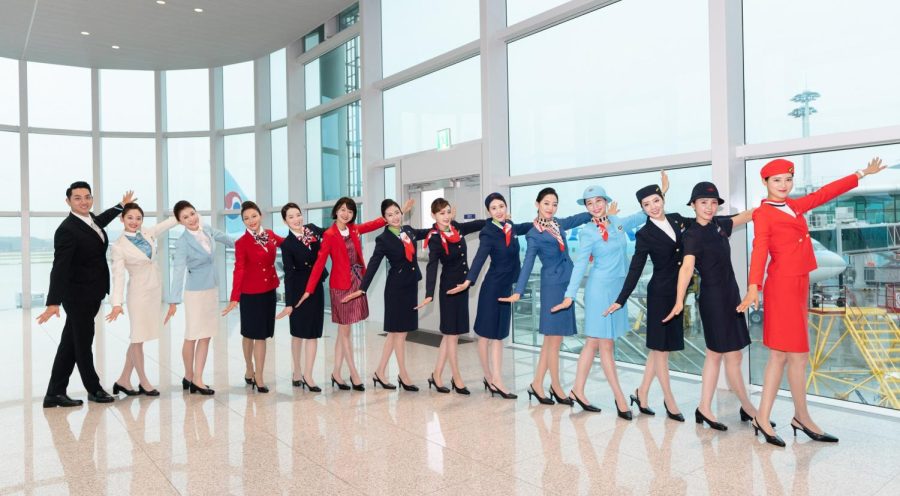
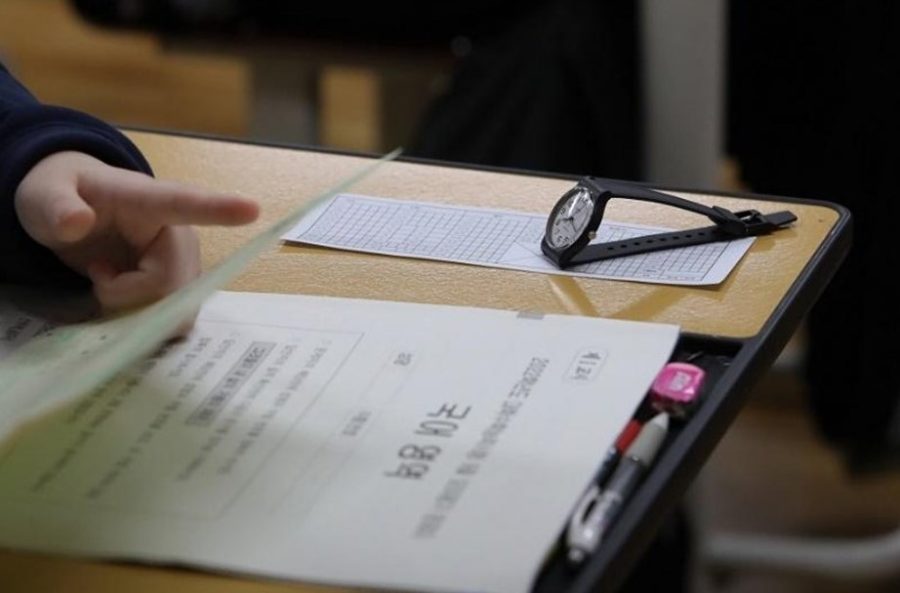
![The convenience store chain, GS25, collaborated with the beer company Heineken. This is a pop-up store operated at GS25's Hapjeong Premium Store in Seoul and Ingu Beach Store in Yangyang, Gangwon-do in collaboration with Heineken. [Image courtesy of GS25]](https://songdochronicle.com/wp-content/uploads/2022/10/Korean-convenience-stores-targeting-the-MZ-generations-Chaeyoon-Jung-1.jpg)

Heesun Lee • Apr 27, 2019 at 11:41 pm
This is so sad. How come the fine dust became so serious issue in South Korea? Cuz like few years ago, it wasn’t this bad:(